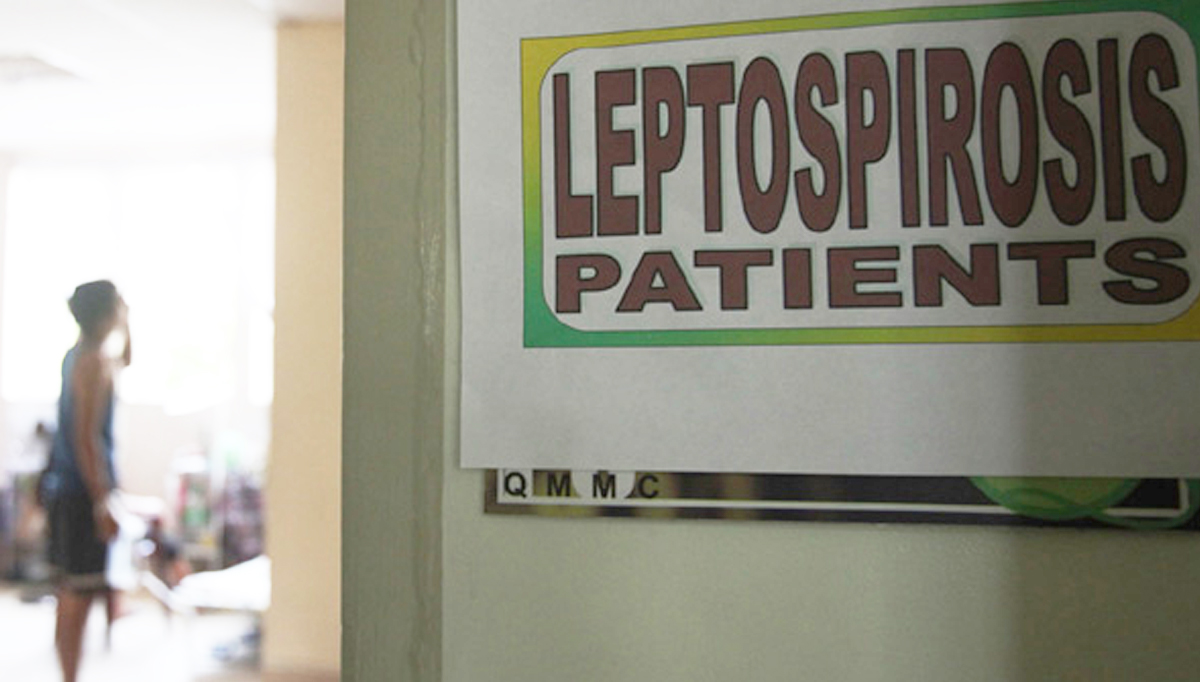Ilonggos urged to stay on guard vs leptospirosis

ILOILO CITY—Health authorities in Iloilo have cautioned the public against leptospirosis, which has affected 181 persons in the province, four of whom had died, from Jan. 1 and Nov. 16 this year.
While the numbers dropped by half compared to the 361 cases recorded over the same period last year, the Iloilo Provincial Health Office (IPHO) said people should not be complacent.
“They [rats] often inhabit garbage areas. During floods, their urine, which may contain leptospira bacteria, can contaminate the water, posing a risk to the public,” said Dr. Maria Socorro Colmenares-Quiñon, the IPHO head.
The municipality of Janiuay recorded the most number cases with 16, followed by Leon (13), Oton (12), and Alimodian and Tigbauan (10 each), according to the report released by the IPHO on Nov. 19.
Other towns with significant case counts included Badiangan, Pototan, and San Miguel with numbers ranging from six to eight.
Floodwater risks
The four fatalities were from the towns of Sara, Barotac Nuevo, Cabatuan, and Leon, the IPHO added.
Leptospirosis is a bacterial infection transmitted through contact with water or soil contaminated by the urine of infected animals, particularly rodents.
The bacteria can enter the body through cuts, abrasions, or mucous membranes in the eyes, nose, or mouth.
Quiñon emphasized the risks posed by floodwaters often contaminated by rat urine.
She added that unsanitary conditions encourage rodents to thrive, increasing the likelihood of contamination.
Early symptoms of leptospirosis include high fever, severe headache, muscle pain, chills, abdominal pain, and skin rashes.
Quiñon urged residents to seek medical attention at the first sign of symptoms to prevent severe complications such as kidney or liver damage.
The IPHO is doubling down on its call for preventive measures, especially as the rainy season heightens the risk of flooding.
Quiñon said parents should ensure that children do not wade through contaminated water.
She also encouraged farmers working in leptospirosis-prone areas to get antibiotic prophylaxis from their Rural Health Units (RHU).
“If farmers have wounds or itching on their feet, they must clean the affected area thoroughly and visit the RHU or hospital for appropriate treatment,” Quiñon said.

















